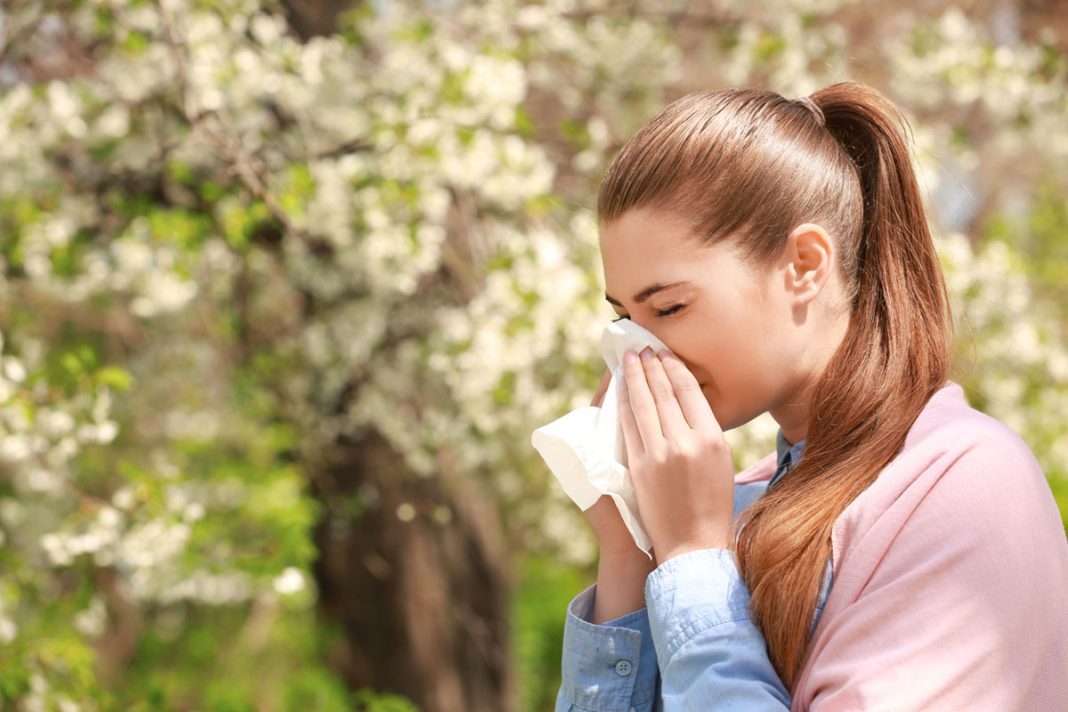It’s All In Your Head: Let’s Discuss Allergies
Let’s discuss a common problem in this area that affects many individuals both young and old… ALLERGIES.
According to the American Academy of Otolaryngic Allergy (AAOA), “allergies are among the nation’s most common and costly health problems. They affect as many as one in four people. More than 50 million Americans have allergic rhinitis. The yearly sales of antihistamines, decongestants, nasal cromolyn and nasal corticosteroids now exceeds $5 billion”.
An allergy is a condition, often inherited, where an individual’s immune system reacts to an external stimulus that is either ingested, touched, or inhaled. The substance triggers an immune system response in the body, treating it as though it were a virus or other “enemy invader.” We refer to these substances as “allergens”. To counteract the allergens, the body will release a chemical called histamine. The common symptoms resulting from this reaction are sneezing, runny nose, itchy & watery eyes, nasal stuffiness, postnasal drainage, and overall feeling miserable. Uncontrolled allergies frequently have a negative impact on a person’s ability to work, play, sleep, and general quality of life.
Additional symptoms that allergies might produce include persistent “sinus” issues, postnasal drip, headaches, frequent “colds,” recurrent ear infections, hearing loss, persistent cough, and asthma. Allergy symptoms might also include exhaustion, frequent skin rashes, stomach and digestive issues, and persistent headaches.
Even with the advancements in allergy care over the last few decades, there are still just three fundamental, well recognized methods of treating allergies:
Avoiding the offending allergens
Allergy medications (over the counter or prescription)
Immunotherapy (desensitization with allergy shots or drops)
It is time to consider allergy testing when a person cannot control their allergy symptoms with the typical allergy medications or when the symptoms are negatively impacting the person’s quality of life. To diagnose and treat allergies, we use methods shown to identify specific allergens and achieve effective control of them – including allergy shots and drops.















